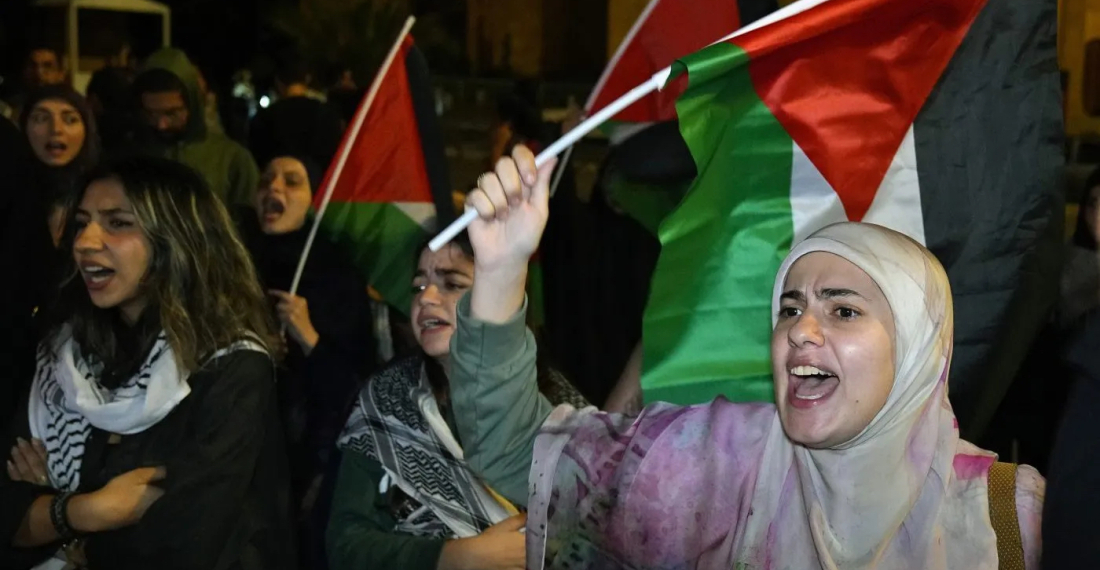This commentary first appeared in the 7 November 2023 issue of our Arabia Concise newsletter. If you would like to sign up for Arabia Concise, or any other of our newsletters, click here.
The ongoing conflict, and accompanying humanitarian catastrophe in Gaza has cast a shadow over the entire Middle East. It is clear that no Arab country can now avoid being embroiled in one way or another. Pictures of the suffering that the Palestinian people in Gaza have to endure on a daily basis fill the screens of all news programmes, and on social media the situation is hotly debated. Arabs are overwhelmingly incensed that the world allows the suffering of the Palestinian people to continue. For the young generation, especially in the Gulf, this is the first exposure to a crisis of this kind. No doubt, the present atmosphere adds to the radicalisation of some among this generation.
Those countries that only very recently took the bold step of establishing relations with Israel now face criticism which they cannot ignore. One of these countries, Bahrain, on Thursday (2 November) recalled its Ambassador to Israel and suspended economic ties. Earlier, Saudi Arabia stepped back from the process of normalising relations with Israel, and has become a very vocal critic of Israeli policy.
One early victim of the crisis has been relations between the European Union and the Arab world. On the Middle East, Europe has traditionally had a much more nuanced policy than the United States, and this was significant in the process of developing Euro-Arab relations. All nuance appeared to disappeared after the Hamas terrorist attack against Israeli civilians in October, with statements by the President of the European Commission, Ursula von der Leyen, and the President of the European Parliament, Roberta Metsola, appearing to endorse the Israel perspective without qualification. This will have long-term significance.
Political observers agree that in Gaza things are likely to get worse before they get better. And that is even in the unlikely even that the crisis can be contained to the current actors and territory. If there is escalation and the conflict spreads, the consequences can be dire.
At some point the fighting will stop as it always does. This time it will take a long time for the dust of the conflict to settle. Palestinians and Israeli will have to pick up the pieces. In the meantime a new generation emerges that has been exposed to yet more hate and violence. And so the vicious circle continues. And as statesmen like Baraka Obama have said in recent days, we have all failed, and we are all to blame.







